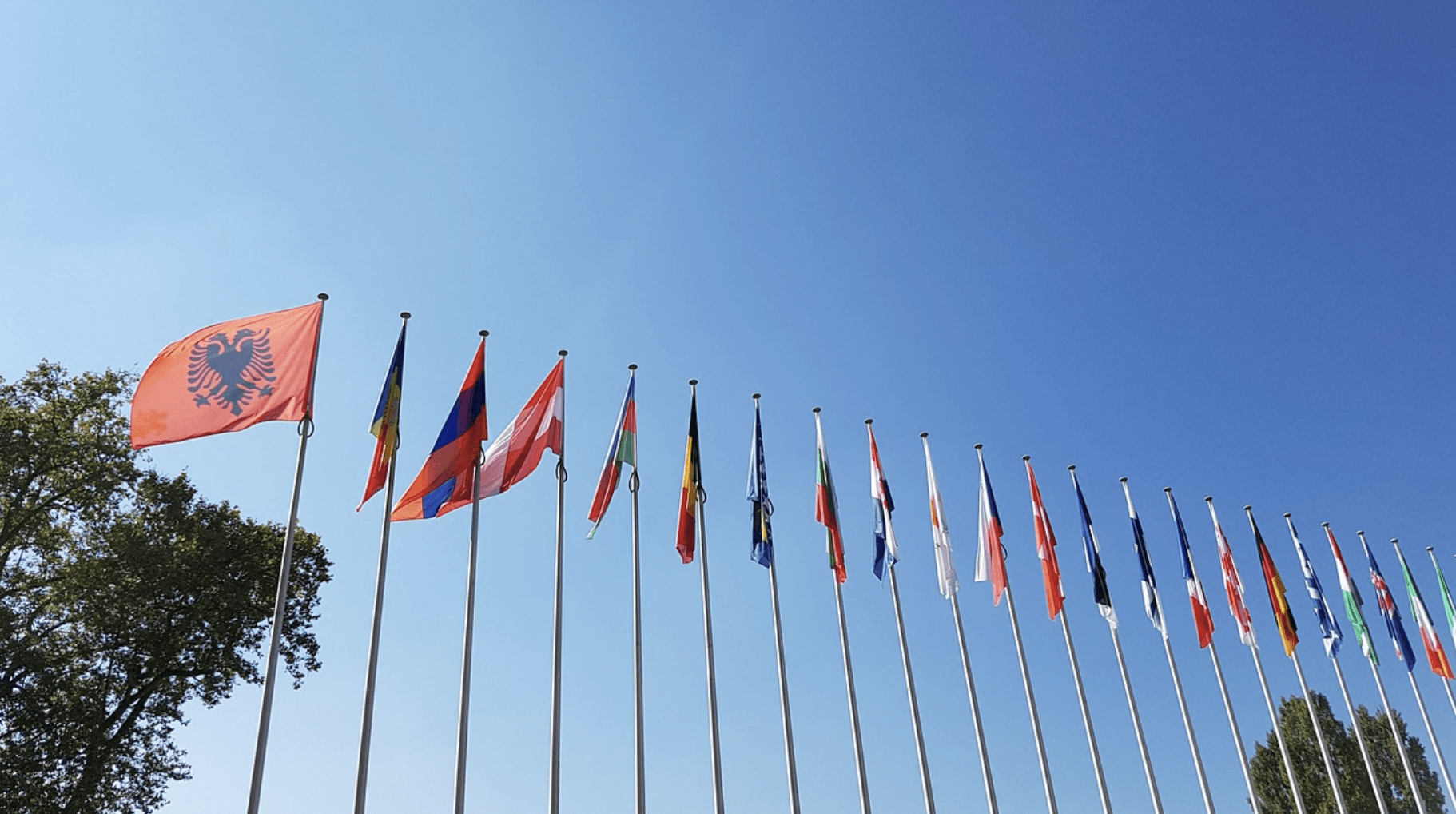
Until a few days ago, the Council of Europe was an international organisation made up of 47 countries, including the 27 member states of the European Union.
Following Russia’s invasion of Ukraine, international condemnations of the Russian Federation, a member of the Council of Europe, had increased. The Russian Foreign Minister thus announced on Tuesday, March 15th, that the procedure for Russia’s withdrawal from the organisation had been launched. At the same time, members of the Parliamentary Assembly of the Council of Europe were debating whether to send a request to the Russian Federation to leave the organisation.
Russia eventually took the lead and effectively left the Council. In a statement announcing their decision, Russian authorities emphasised the forced nature of their departure. They argued that their country had been the victim of discriminatory measures by NATO and EU member states in the Council, including “deciding to suspend Russian representation in Council bodies.” The vote was taken on February 25th—the day after the aggression in Ukraine—by a nearly unanimous vote, with two in favour, Russia and Armenia, and two abstentions, Serbia and Azerbaijan. The Russian Foreign Ministry deplored the loss of the organisation’s “pan-European” status, a consequence of Russia’s departure, and criticised the future evolution of the Council, which it considers to be in the grip of Western ideology:
“Russia will not participate in the transformation by NATO and the EU obediently following them of the oldest European organisation into another platform for incantations about Western superiority and narcissism. Let them enjoy communicating with each other, without Russia.”
For its part, the Parliamentary Assembly found that Russia had committed “offences incompatible with the status of a Council of Europe member states” and that it had not “honoured its obligations,” so that it could “no longer remain a member of the organisation.” However, the Council made it clear that this was a “suspension” and certainly not a final decision. Russia had been a member of the European Council since 1996.
Such a situation had not occurred since 1969 when the Greek Colonels’ government decided to leave the Council. Greece eventually rejoined the organisation in 1974.
The European Court of Human Rights (ECHR) is the Council of Europe’s judicial body. It monitors compliance with the European Convention on Human Rights established in 1953. With Russia leaving the Council, its 145 million inhabitants will no longer be subject to its jurisdiction. Russia has accused the ECHR of repeatedly interfering with its internal politics: Russia was the leading country in terms of the number of cases dealt with by the Court—over 24% of the 72,000 cases currently before the Court concern Russia. The ECHR has, however, announced its intention to continue to deal with the current cases. Russia’s departure will also have financial consequences for the functioning of the institution, as Russia used to contribute 7% of its budget, amounting to around €500 million annually.
Former Russian President Dmitry Medvedev, who currently holds the post of Vice-President of the Russian Security Council, said that Russia’s departure from the Council and the ECHR would allow Russia to potentially reinstate the death penalty. Russia had observed a moratorium on the death penalty since 1996 but it has never been formally abolished.
